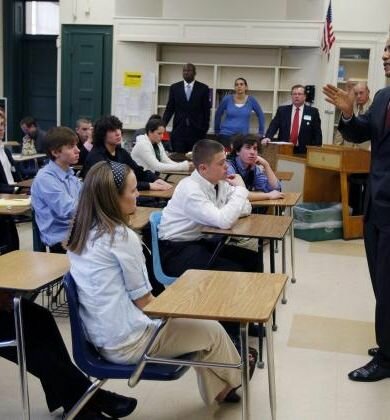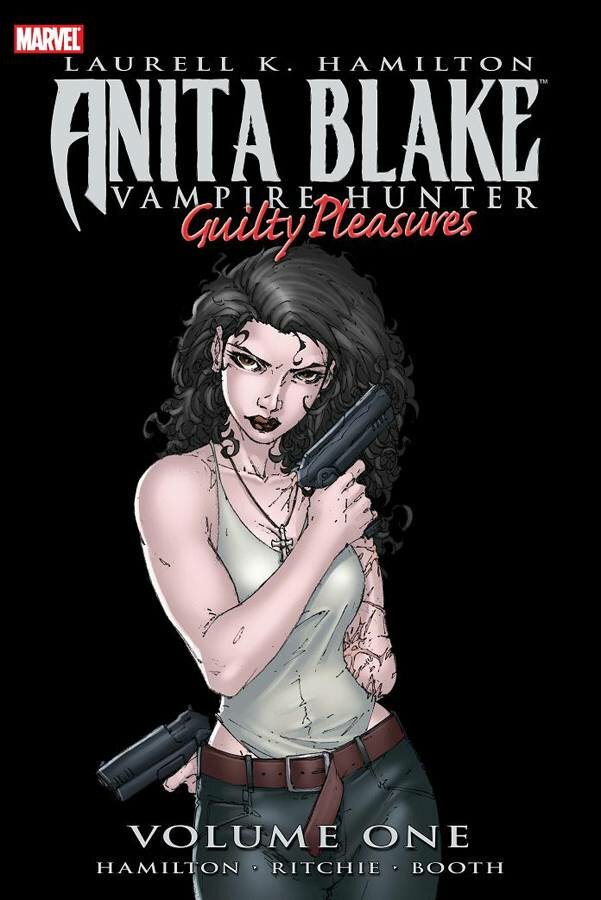Grading President Obama’s freshman year as President
Politics, US — By George Davis on January 4, 2010 at 09:02I have seen several grades for the first year of Barack Obama’s Presidency. Whenever I see a grade of “C”, I think that the grader has not marked on a curve that takes into account the difficulty of his particular test. Back when I used to grade work in my narrative writing courses at Rutgers University I attached a Comments Form to work that I’d pass back at the end of a term.
Here are the comments I would hand back to the President after looking at his narrative for the first year.
|
Barack Obama |
Course Title: Your Life as a Narrative |
|
Course Objectives:
|
|
|
Story Elements
So far you, the protagonist, have:
Your success on this first part of the narrative seems to result from an application of spiritual intelligence. This oxymoronic approach apparently gives you a good balance between making things happen and allowing them to happen. This is the first time that new decision-making paradigms have reached into the political sphere at such a high level, involving so many matters of vital importance. There are notable strengths to your role as protagonist:
Looking ahead to the next portions, I feel you should be aware that:
During the narrative, while the White House was tied up struggling with Afghanistan, Iraq, Gitmo, terrorism, and Wall Street, I kept hoping you would call a meeting, inspire your cabinet, and create a task force to empower local banks, chambers of commerce, and small businesses to create jobs in vital sectors of the economy. This would be the most effective way to transform the story line. During the Clinton narrative I knew all of the cabinet officers because they were out doing things. I seldom heard the names of yours because they seemed little more than caretakers of their respective bureaucracies. Can your narrative reach a happy ending if you and your White House staff remain the only heroes and lightning rods? Finally, I do not like to give grades on incomplete stories, but the Registrar here at Real Life University demands that I put something on the grade sheet. You are being graded on a curve because the narrative you undertook was incredibly difficult. I am wavering between an A and an A+. But final grades have little to do with your grade on individual portions of your story. Your final grade will be based almost entirely on the outcome of the overall narrative. Have a happy winter break. The next portion of the work will be waiting when you return from Hawaii.
|
|
Author: George Davis (14 Articles)

George Davis’ nonfiction novel, Until We Got Here: From "We Shall Overcome” to "Yes We Can" will be published in 2010. He has taught at Columbia, Colgate and Yale universities and is professor emeritus in creative writing at the Newark Campus of Rutgers University. He is author of the bestseller, Black Life in Corporate America, and the novel, Coming Home, upon which the Jane Fonda Vietnam War film is loosely based. He has been a writer and editor for Essence and Black Enterprise magazines, The Washington Post, and The New York Times.



 Share This
Share This Tweet This
Tweet This Digg This
Digg This Save to delicious
Save to delicious Stumble it
Stumble it





 Rising above the blame: Politics, race and the “racial stalemate”
Rising above the blame: Politics, race and the “racial stalemate” Are the fangs real? Vampires as racial metaphor in the Anita Blake and Twilight Novels
Are the fangs real? Vampires as racial metaphor in the Anita Blake and Twilight Novels Randy Credico vs Chuck Schumer and the Drug Laws (Part 1)
Randy Credico vs Chuck Schumer and the Drug Laws (Part 1)







